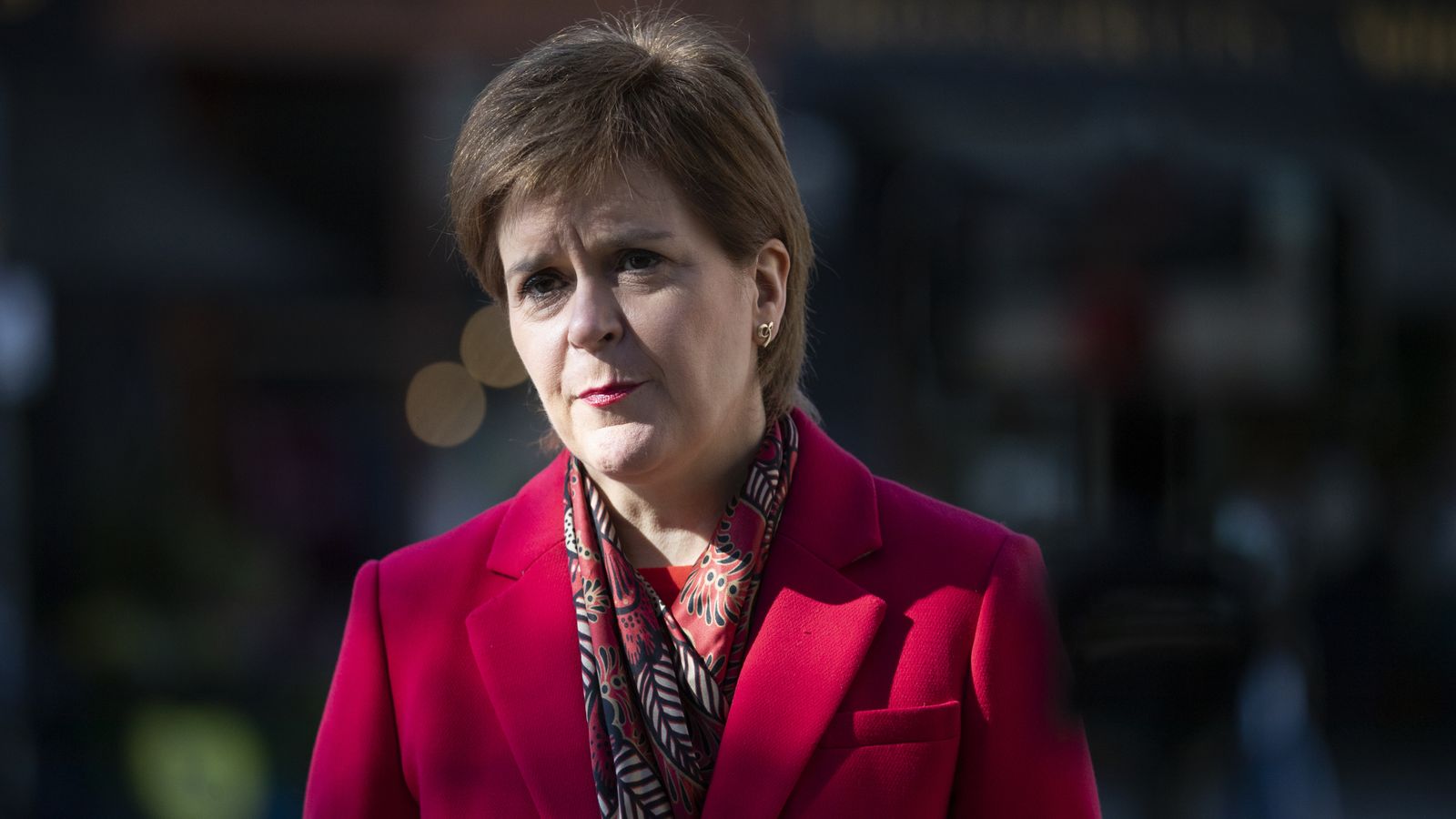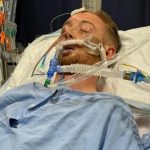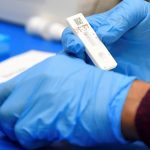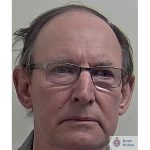The controversial “not proven” option open to juries in Scottish courts needs to be reviewed in order to boost “shamefully low” conviction rates for sexual offences, Nicola Sturgeon has said.
Rape Crisis Scotland has called for it to be outlawed and the first minister, who trained as a lawyer, says there is “increasingly strong arguments” for it to go.
Scotland is the only part of the UK where juries can return three verdicts at the end of a trial – guilty, not guilty or not proven.
Ms Sturgeon said she had recently changed her mind on the issue, having initially supported it when studying law at Glasgow University.
She said it had been “imprinted on my brain” that the “three totemic things” that make Scots law distinctive were the not proven verdict, the need for corroboration in trials with evidence coming from more than one source, and that there are 15 people needed to make up a jury.
In the past she said “maybe I have had a bit of a lawyers’ view” of the not proven verdict.
But she added: “The conviction rate for rape and sexual assault is shamefully low.
“And I think there is mounting evidence and increasingly strong arguments that the ‘not proven’ verdict is a part of that.
“So I think it is something that it is time to look at.”
Rape Crisis Scotland launched a campaign in 2018 along with the woman known as Miss M, who successfully sued the man cleared of raping her for damages in the civil courts.
The group says “not proven” is used disproportionately in rape cases.
According to its statistics, in 2016/17, only 39% of rape and attempted rape cases resulted in convictions, the lowest rate for any type of crime.
Nearly 30% of acquittals were not proven, compared with 17% for all crimes and offences.
Scottish Conservative leader Douglas Ross has also said his party “fully committed” to abolishing the verdict.






















